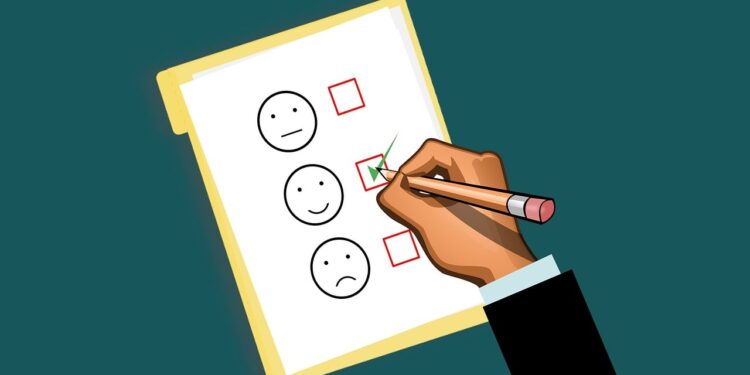In today’s competitive business landscape, customer loyalty is the holy grail for companies. But what truly lies beneath the surface of customer loyalty? Why do some customers keep coming back while others drift away? This article dives deep into the psychology of customer loyalty, uncovering the secrets that keep them hooked.
Understanding the Basics
Customer loyalty is defined as a customer’s commitment to continually choose a specific brand’s or company’s products or services above those of competitors in the market. It’s not just about making repeat purchases; it’s also about establishing a strong emotional connection.
Trust is the cornerstone of customer loyalty. Customers need to believe in the brand’s integrity, reliability, and consistency. Building trust is a crucial step in fostering loyalty.
Emotional Bonding
Customers often become loyal when they have positive emotional experiences with a brand. These emotions can range from happiness and excitement to feeling valued and understood.
Offering loyalty programs and rewards can trigger positive emotions in customers. When they feel appreciated and rewarded, they are more likely to return.
It is critical to link the brand with the values and ideas that resonate with the target audience while developing emotional bonds with customers. Customers are more likely to create a profound emotional connection when they believe a company shares their underlying values and beliefs.
This connection transcends the commercial and becomes a reflection of their identity and beliefs, generating a sense of loyalty and belonging. Brands can achieve this by actively communicating their values through their messaging, supporting causes that align with these values, and engaging in meaningful conversations that reflect shared beliefs with their customer base.
The Psychology Behind Customer Loyalty
Cognitive dissonance theory suggests that people strive for consistency in their beliefs and attitudes. When customers choose a brand repeatedly, they seek to justify their choice to themselves, reinforcing their loyalty.
Understanding the habit loop can help businesses create routines that lead to positive rewards for customers, making loyalty almost automatic.
Creating a sense of urgency or scarcity around products or services can drive customers to make repeat purchases to avoid missing out.
Building Long-Term Relationships
Using customer data to provide personalised product or content recommendations can make customers feel seen and understood.
Consistent and personalised communication, such as email newsletters or updates, keeps the brand top-of-mind and reinforces the connection.
Exceptional customer service is a cornerstone of building long-term relationships. When customers experience prompt, attentive, and personalised support, it deepens their trust in the brand. Going above and beyond to meet their needs and resolve issues not only solves immediate problems but also leaves a lasting positive impression. Exceptional customer service can turn a one-time buyer into a loyal, lifelong advocate for your brand.
The Influence of Promotional Products
Promotional products, such as branded merchandise or gifts, play a significant role in reinforcing customer loyalty. These tangible products act as continual reminders of the brand’s presence in the lives of customers. Whether it’s a branded tote bag or personalised and branded clothing, these goods build a physical link between the buyer and the brand, keeping it top-of-mind.
Promotional products not only offer practical utility but also evoke a sense of reciprocity. When customers receive something valuable for free, they often feel a natural inclination to reciprocate by remaining loyal to the brand that provided them with these items.
Incorporating promotional products strategically into loyalty programs or as part of special offers can enhance the emotional connection customers have with your brand, ultimately contributing to their long-term loyalty.
Conclusion
In conclusion, customer loyalty is not merely a result of transactional relationships; it’s deeply rooted in psychology. Building trust, creating emotional connections, and understanding the cognitive processes behind loyalty are all key factors. By implementing strategies that cater to these psychological aspects, businesses can cultivate lasting customer loyalty.


